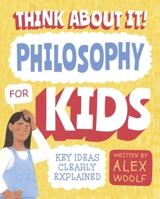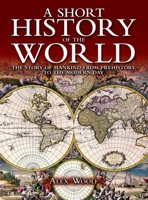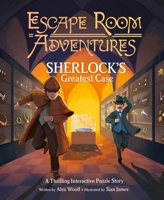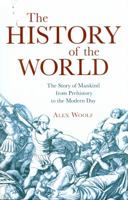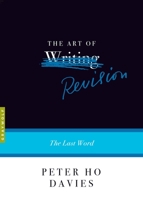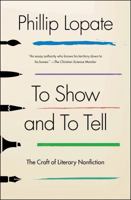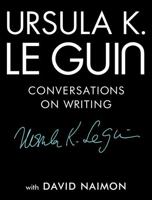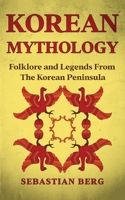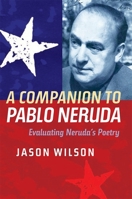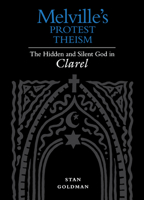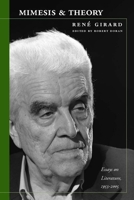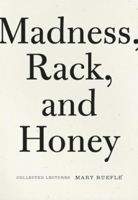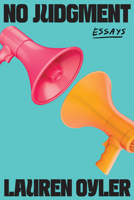Albert Einstein's Theory of Relativity: Big Ideas for Curious Kids
Select Format
Select Condition 
More by Alex Woolf
Book Overview
Among the many scientific advances that have shaped our world, few have been as important, or influential, as the theory that changed the way we think about space and time.
This beautifully illustrated book brings to life Albert Einstein's radical idea -- the theory of special relativity --for a new generation of inquisitive readers. Bright young minds will quickly level up their understanding of physics and mathematics, thanks to the way that complex ideas are cleverly unpacked in clear, easy-to-follow language. - Explore Einstein's life story, his years pondering scientific puzzles, and the series of breakthroughs that led to his revolutionary theory.- Take a tour through the great scientist's ideas and theories as they're set out in an accessible and entertaining way.
- Uncover the world in which Einstein lived, how his notions were received, and how they influenced both contemporary and later thinkers. Readers aged 8+ will be drawn in by the lavish illustrations of Juanita Londo o-Gaviria, featured throughout. ABOUT THE SERIES The Arcturus Genius Ideas series introduces children to ground-breaking scientific theories from some of history's greatest minds, brought to life by delightful, full-color illustrations.
Format:Hardcover
Language:English
ISBN:1398836524
ISBN13:9781398836525
Release Date:June 2024
Publisher:Arcturus Editions
Length:64 Pages
Weight:1.15 lbs.
Dimensions:0.5" x 8.9" x 11.2"
Age Range:8 to 12 years
Grade Range:Grades 3 to 7
You Might Also Enjoy
Customer Reviews
2 customer ratings | 2 reviews
There are currently no reviews. Be the first to review this work.











